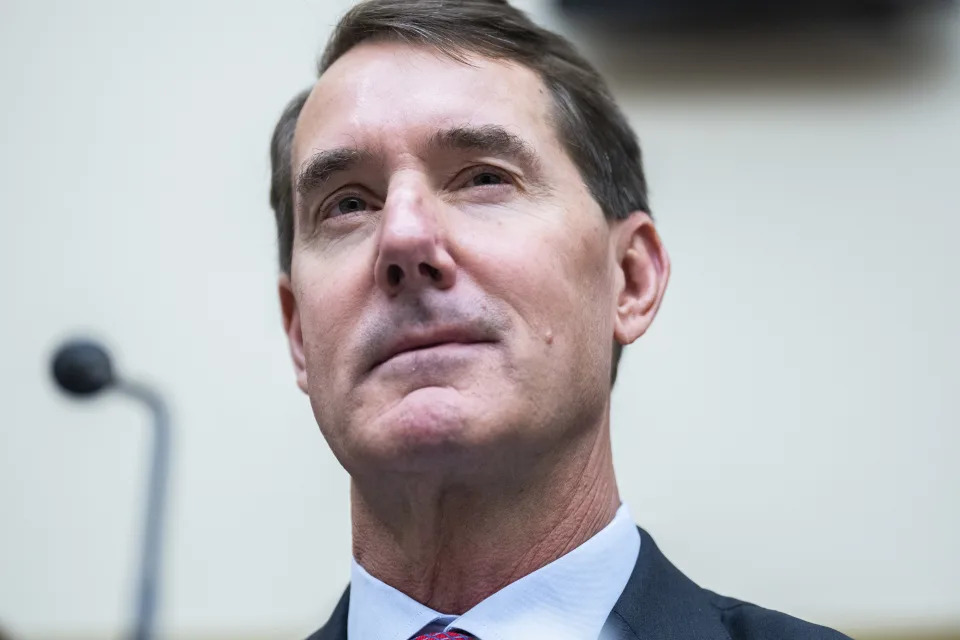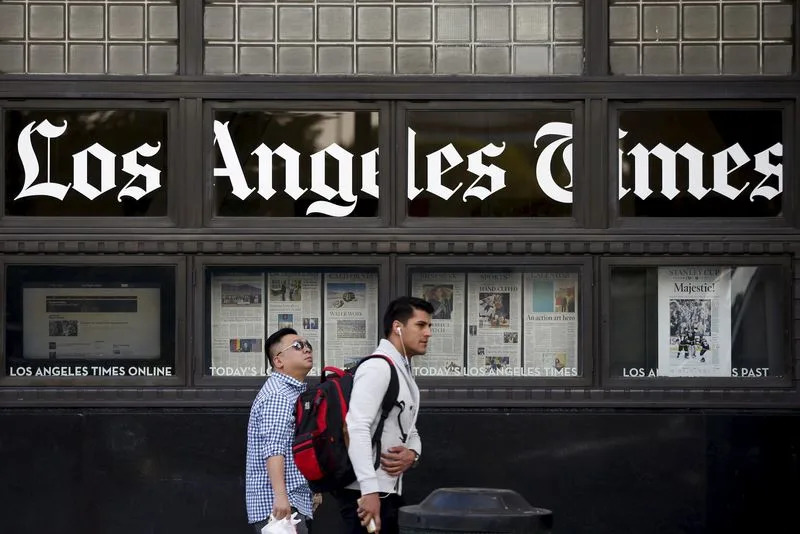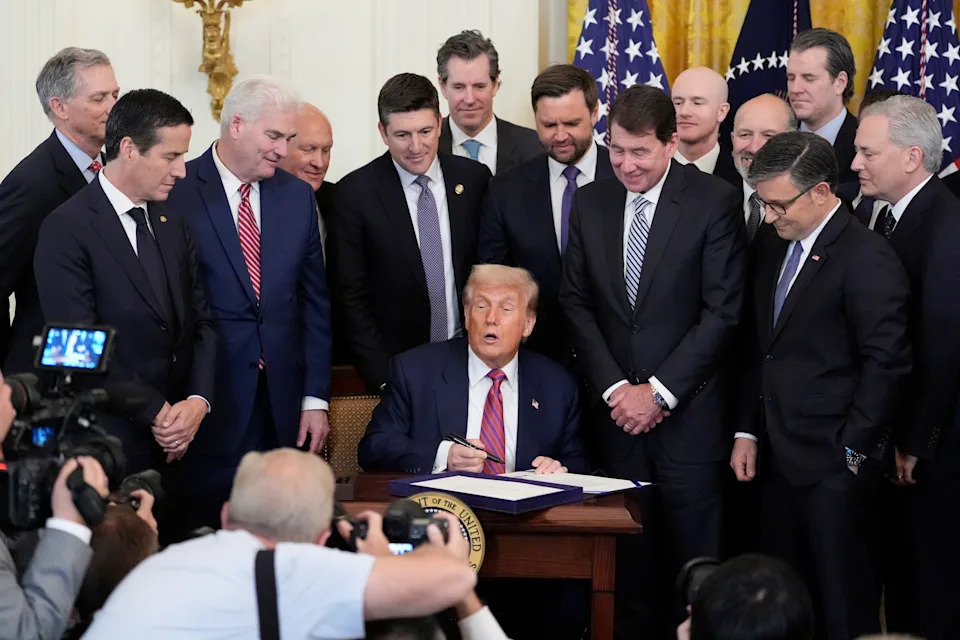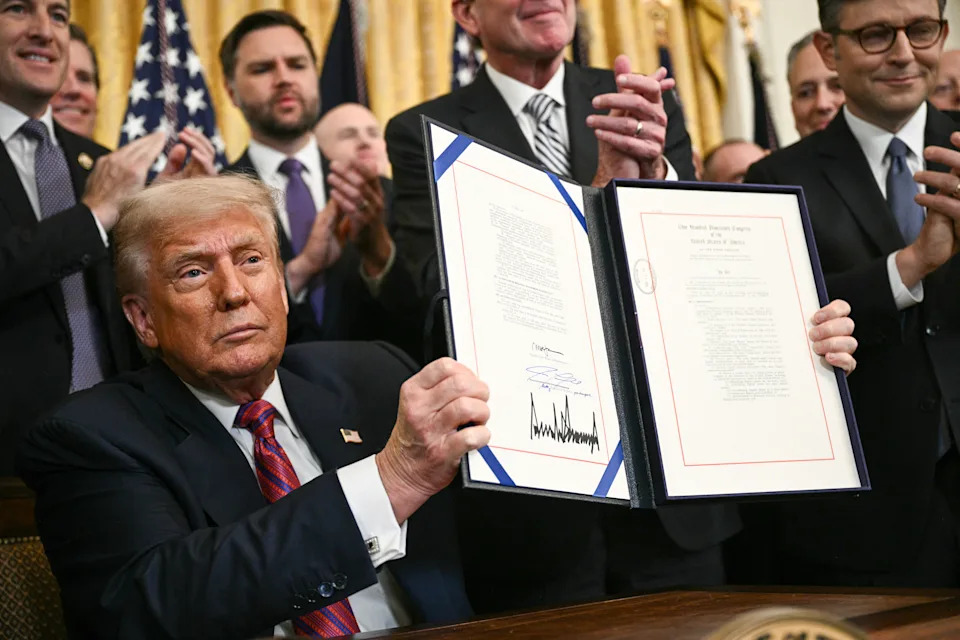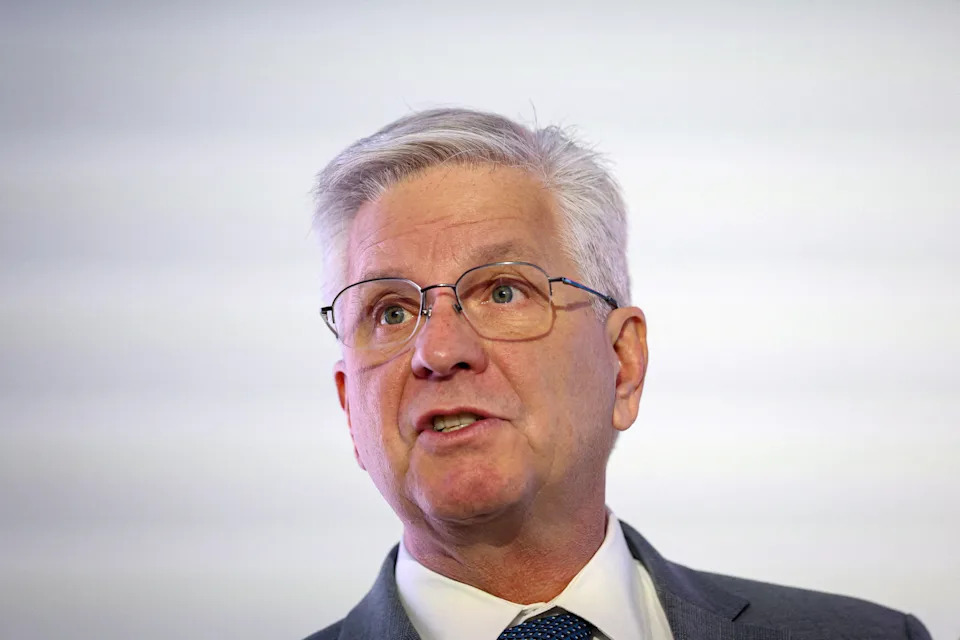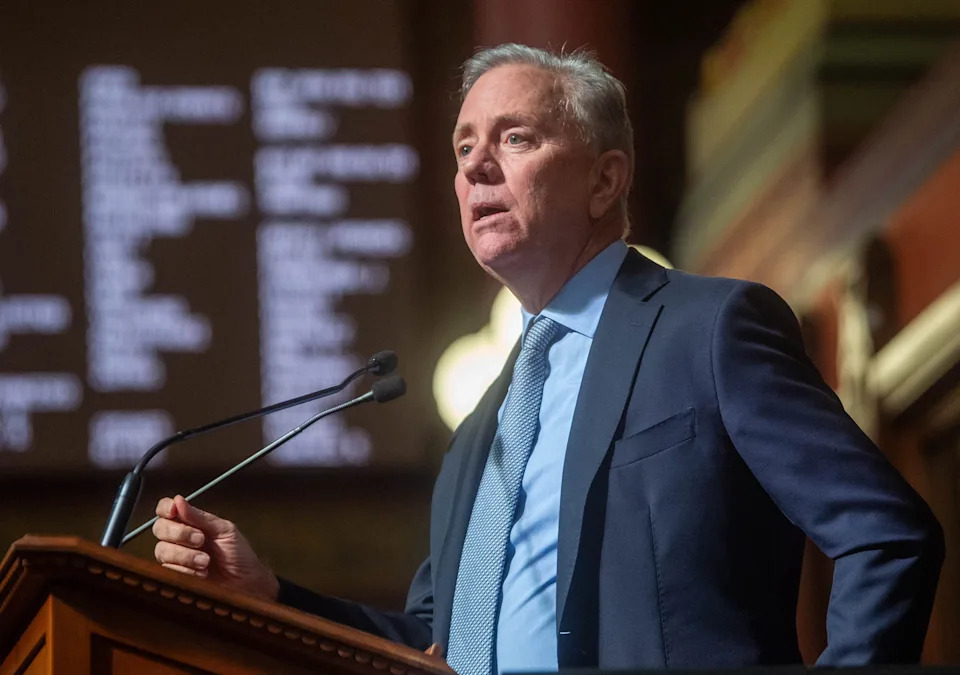Key Points
- Corporate Adoption of Ethereum: A growing number of companies, including smaller crypto firms like BitMine Immersion Technologies and larger players like Coinbase Global, are adding ethereum (ETH-USD) to their corporate treasuries to gain exposure to decentralized finance infrastructure.**
- Ethereum's Market Performance: Ethereum has surged 60% in the past month, reaching near $3,800, though it remains below its 2021 peak of over $4,600, with a year-to-date return of 14% compared to bitcoin's 26%.**
- Significant Holdings and Investments: BitMine holds over $1 billion in ethereum (approximately 300,000 tokens), while Coinbase has more than $440 million in crypto assets, including ethereum, as part of its treasury strategy.**
- Utility and Tokenization: Ethereum's blockchain supports smart contracts and tokenization, described as its "killer app," enabling direct transactions without intermediaries and leading to its dominance with over 51% market share in decentralized finance.**
- Regulatory and Market Developments: The GENIUS Act, recently signed by President Trump, regulates stablecoins on ethereum's network, boosting optimism and driving significant gains for related companies like Circle, whose shares have risen over 600% since its IPO.**
Summary
A growing trend among corporate treasuries involves investing in ethereum (ETH-USD), the second-largest cryptocurrency, alongside bitcoin (BTC-USD), to tap into decentralized finance infrastructure. Smaller crypto firms like BitMine Immersion Technologies, with over $1 billion in ethereum holdings, and larger entities like Coinbase Global, with $440 million in crypto assets, are leading this shift. Ethereum's price has surged 60% in the past month to nearly $3,800, though it lags behind bitcoin's year-to-date return of 26% with a 14% gain. Its blockchain, dominating with over 51% market share, supports smart contracts and tokenization, hailed as its "killer app" for enabling direct transactions without intermediaries. Companies like SharpLink Gaming and Bit Digital are also adopting ethereum-focused treasury strategies, with Bit Digital fully shifting from bitcoin. The recent GENIUS Act, signed by President Trump, regulates stablecoins on ethereum's network, fueling optimism and driving gains for firms like Circle, up over 600% since its IPO. However, not all companies prioritize ethereum; MicroStrategy remains staunchly bitcoin-focused. Experts clarify that ethereum's adoption complements, rather than replaces, bitcoin, reflecting diverse blockchain applications in corporate strategies. Despite potential rewards, ethereum's volatility, evident in price drops following market disruptions like Trump's tariff announcements, poses risks for corporate investors.






























